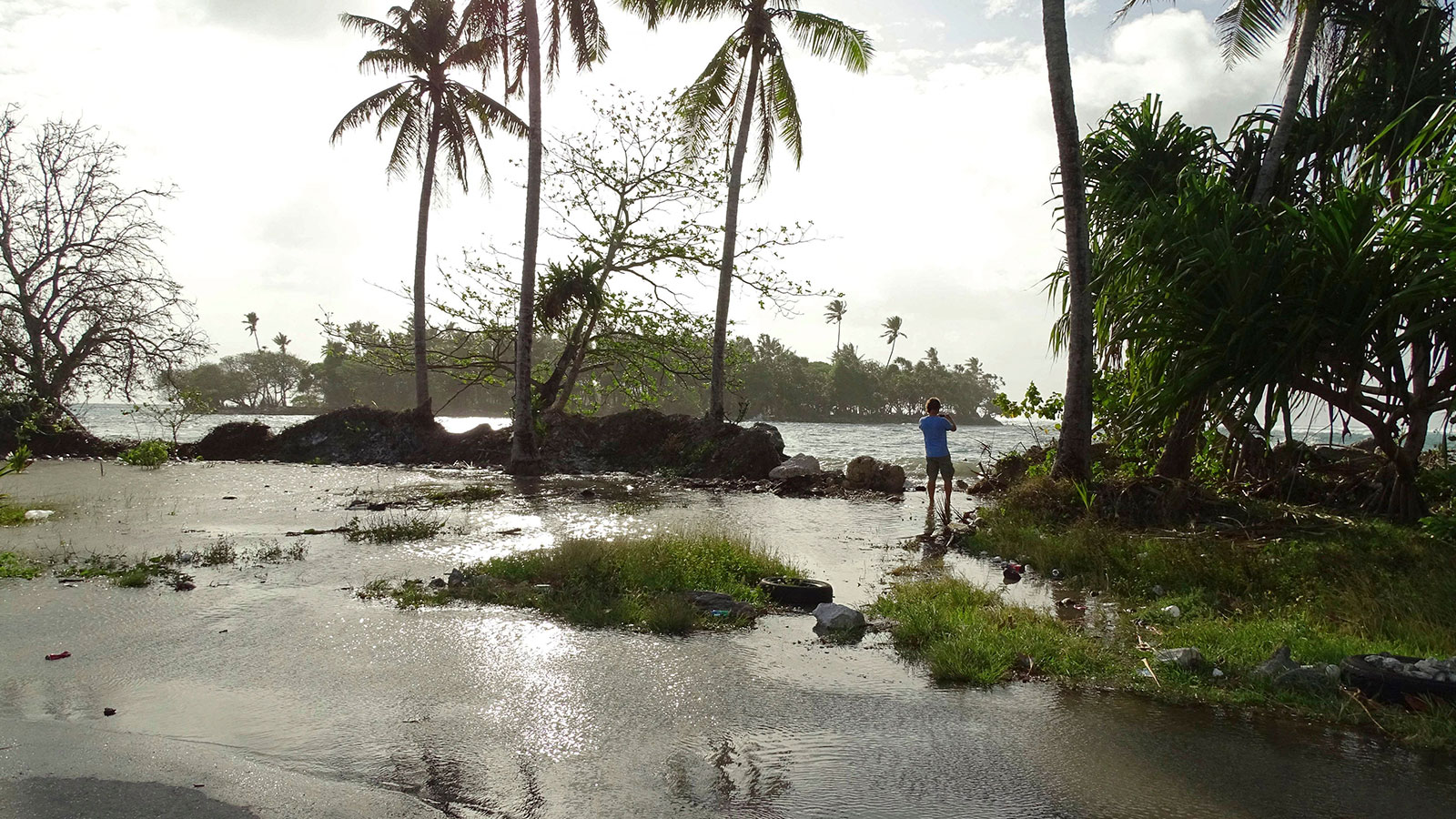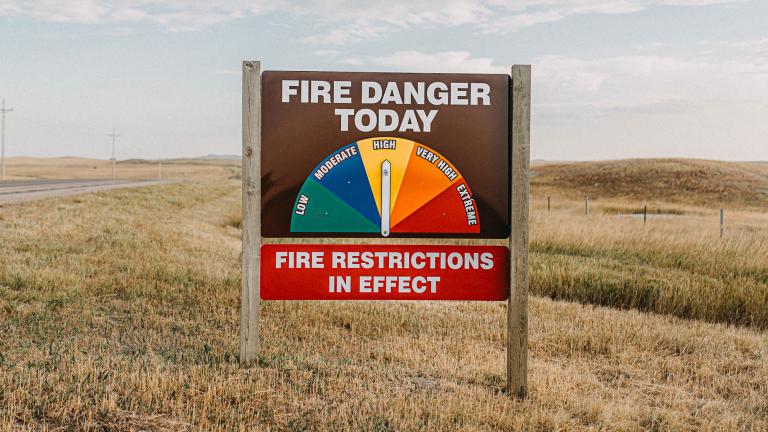A new bill in Congress would establish special advisors across federal agencies to specialize in U.S. territories and certain Pacific nations.
The move could be especially important for those island communities as climate change exacerbates coral bleaching, sea level rise, worsening storms, and other environmental threats that require federal support to address.
“The standards that work at a national level just often don’t make as much sense in each of the territories, and so there can be different impacts that are negative, even if well-intentioned,” said Neil Weare, co-founder of the organization Right to Democracy that advocates for the rights of people in U.S. territories. “Having some sensitivity to addressing those unique needs, I think will be better for the people in the territories, but also then better for the goal of environmental protection.”
More than 3.5 million residents live in U.S. territories – Puerto Rico, the Virgin Islands, Guam, American Samoa and the Commonwealth of the Northern Mariana Islands – but lack voting power either for president or for voting members of Congress. Each territory has a seat in the House of Representatives but can’t vote on legislation, and don’t have any voice or seat in the Senate. They’re also home to thousands of Indigenous peoples, such as Samoans and Carolinians.
The bill also includes the independent Pacific nations of Palau, the Federated States of Micronesia, and the Marshall Islands who rely on U.S. funding in exchange for lending their land, airspace and surrounding waters to the U.S. military. The Marshall Islands in particular are grappling with the effects of sea-level rise on low-lying atolls as well as the legacy of U.S. nuclear testing.
But a lack of awareness at the federal level about each territory and country’s unique history often leads to confusion, frustration and inconsistencies. H.R. 5001 aims to address that.
“The unique circumstances of the Marianas and other Insular Areas are too easily overlooked when federal agencies set national policies,” said Rep. Gregorio Kilili Camacho Sablan from Northern Mariana Islands, who co-sponsored the measure, adding the bill would lead to better community input and communication.
On Guam, the U.S. Marine Corps is building a new live-fire training range while the Biden administration has been pushing to expand a national marine monument in the Pacific despite concerns from local fisheries. Federal emergency officials have been grappling with the after-effects of major hurricanes and typhoons like Hurricane Maria and Super Typhoon Yutu, including currently Typhoon Mawar on Guam.
Esther Kiaʻāina, former Assistant Secretary of the Interior for Insular Areas under the Obama administration, says H.R. 5001 is a good idea but thinks the new positions would need to be placed at a high level within each department to be effective.
She also thinks many of the problems could be avoided if the Office of Management and Budget were required to analyze all legislation for its impact on U.S. territories prior to the bills becoming law. Such analysis could have long-lasting impacts. In 1996, for example, migrants from the Marshall Islands, Federated States of Micronesia and Palau lost their access to programs like federal disaster aid after eligibility definitions were changed that inadvertently left them out.
Weare from Right to Democracy said the conversation about the government’s role in the territories is particularly relevant this year, which marks 125 years since the U.S. acquired Puerto Rico, Guam and other territories through the Spanish-American War.
“The United States needs to grapple with the reality that it has an undemocratic colonial framework governing 3.6 million people in the five U.S. territories,” he said. “So while this is a positive step forward, there really needs to be a recognition from the president, from Congress, that the United States has a colonial problem that is urgent to address.”




